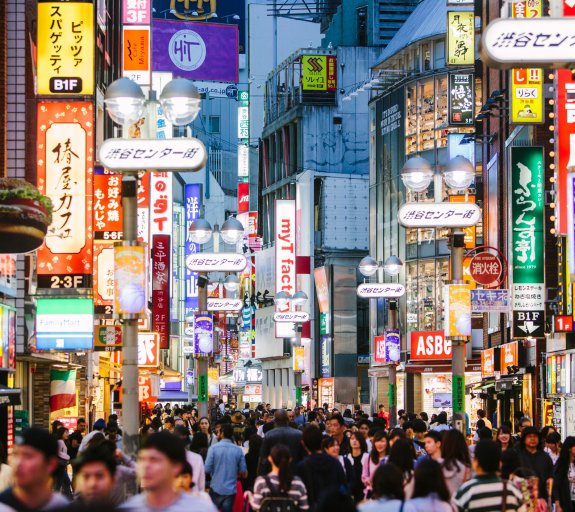
Tourism: How Asia and other emerging markets could bounce back
- 11 June 2021 (5 min read)
Key points
- The tourism industry suffered a massive shock in 2020 due to the pandemic, impacting many emerging markets
- In Asia, Thailand, Hong Kong, Malaysia, and Singapore are among the most dependent on tourism as a driver of GDP growth. Outside Asia, Turkey is also highly dependent
- The economic recovery is underway but will likely be long and arduous for developing markets. This reflects in part the slow pace of vaccination, and the low probability of quickly achieving something close to collective immunity – which would allow full international travel to resume
- Containing the virus outbreak is a pre-requisite for any sort of tourism recovery – domestic or outbound. There are silver linings for the sector, with rising domestic tourist flows in countries where the pandemic is under control. However, a complete recovery – featuring the return of international travellers – is still some time away
Tourism left reeling
Tourism has been one of the sectors most affected by the COVID-19 pandemic. Governments worldwide imposed strict movement restrictions and closed borders in the hope of stopping the spread of the virus. According to the United Nation’s World Tourism Organization, revenue loss during 2020 in the international tourism sector was projected at $1.3tn and total international arrivals fell by one billion, or 74%, from 2019. The overall estimated damage was more than 11 times greater than in 2009, in the wake of the global financial crisis.
Asia, in particular, saw its tourism industries battered by the pandemic travel bans. Arrivals across the region had plummeted to unprecedented lows by the second quarter (Q2) of 2020 (Exhibit 1).
Disclaimer
This document is for informational purposes only and does not constitute investment research or financial analysis relating to transactions in financial instruments as per MIF Directive (2014/65/EU), nor does it constitute on the part of AXA Investment Managers or its affiliated companies an offer to buy or sell any investments, products or services, and should not be considered as solicitation or investment, legal or tax advice, a recommendation for an investment strategy or a personalized recommendation to buy or sell securities.
It has been established on the basis of data, projections, forecasts, anticipations and hypothesis which are subjective. Its analysis and conclusions are the expression of an opinion, based on available data at a specific date.
All information in this document is established on data made public by official providers of economic and market statistics. AXA Investment Managers disclaims any and all liability relating to a decision based on or for reliance on this document. All exhibits included in this document, unless stated otherwise, are as of the publication date of this document.
Furthermore, due to the subjective nature of these opinions and analysis, these data, projections, forecasts, anticipations, hypothesis, etc. are not necessary used or followed by AXA IM’s portfolio management teams or its affiliates, who may act based on their own opinions. Any reproduction of this information, in whole or in part is, unless otherwise authorised by AXA IM, prohibited.
Risk Warning
The value of investments, and the income from them, can fall as well as rise and investors may not get back the amount originally invested.